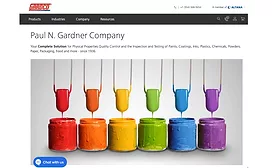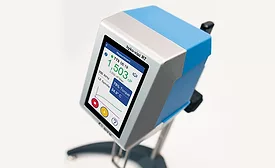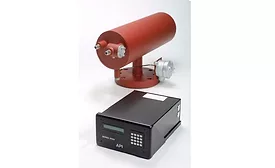Testing/Quality Control
Two new methods of measurement of the molecular structure of polymers and other materials are discussed.
Read More
Reliable Adhesion Testing for Self-Adhesive Materials
Analytical instruments can ensure reliable product performance of self-adhesive materials by measuring critical characteristics like adhesive tack, peel, thickness, and composition
April 6, 2023
Product Profile
High-Precision Instruments to Measure High, Medium and Low Viscosities
This versatile line of RT rotational viscometers offers robust measurement, repeatability, and reporting.
October 25, 2022
Keep the info flowing with our newsletters!
Get the latest industry updates tailored your way.
JOIN TODAY!Copyright ©2026. All Rights Reserved BNP Media.
Design, CMS, Hosting & Web Development :: ePublishing
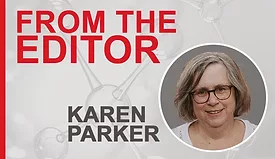

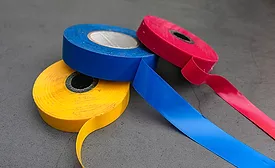
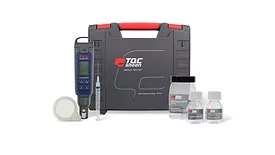
.webp?height=168&t=1676382930&width=275)
.webp?height=168&t=1685029884&width=275)

